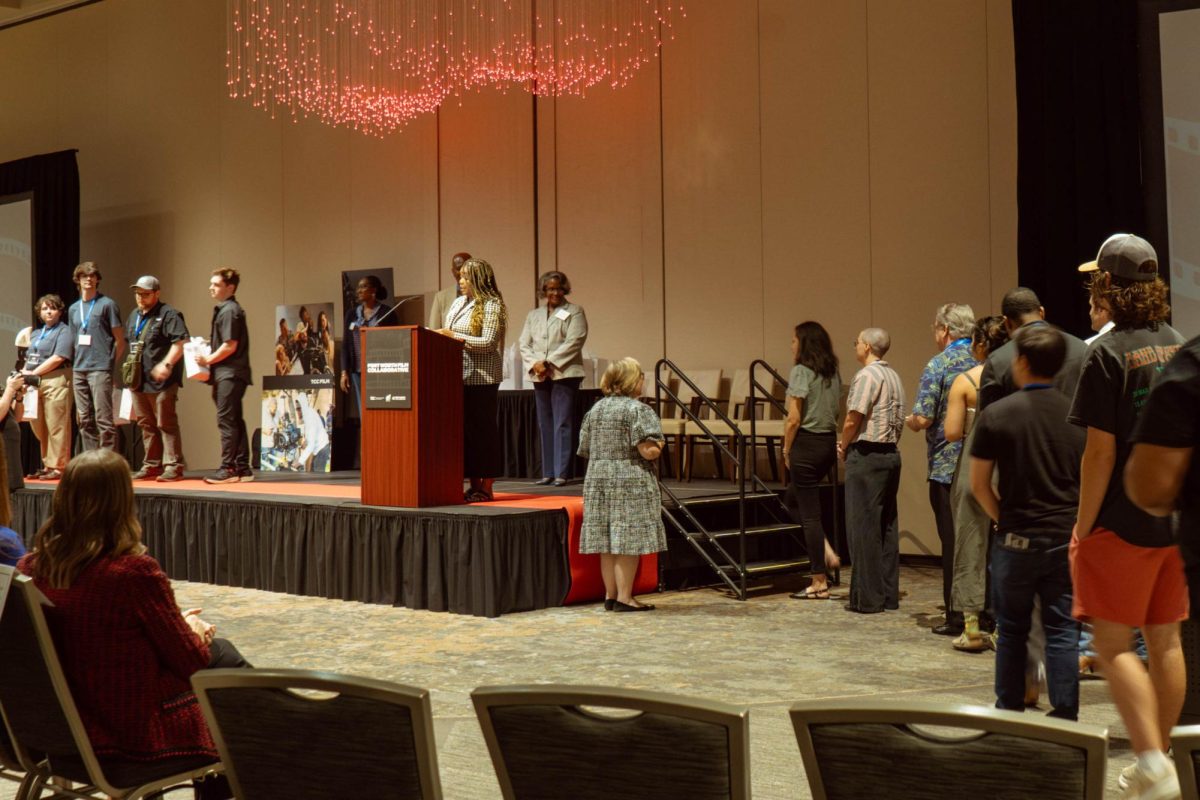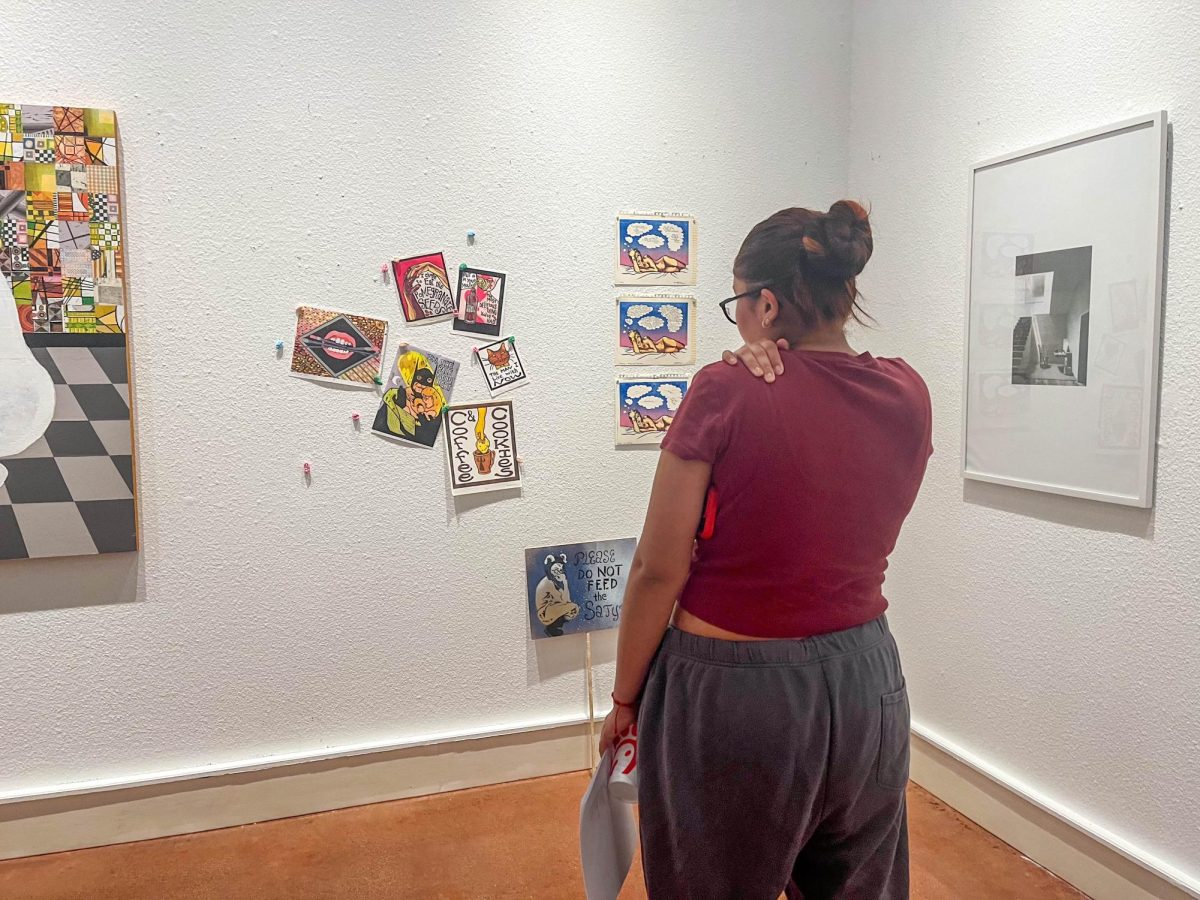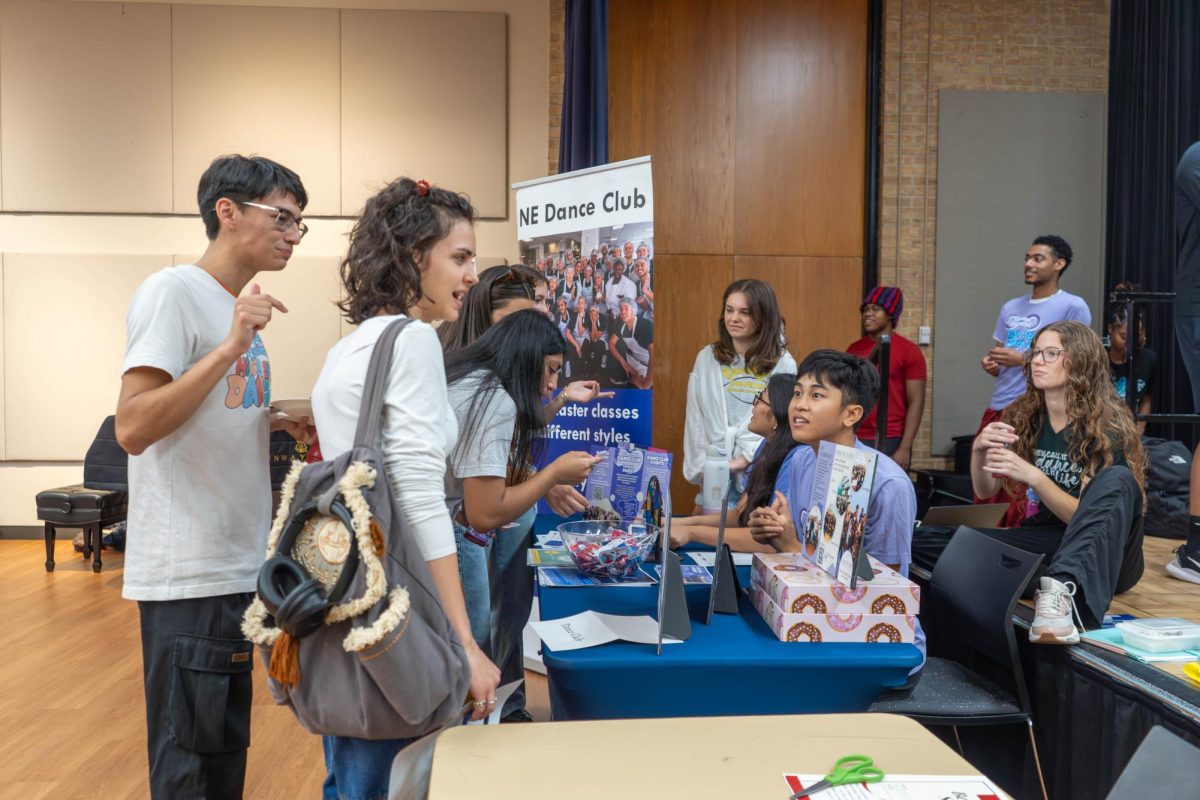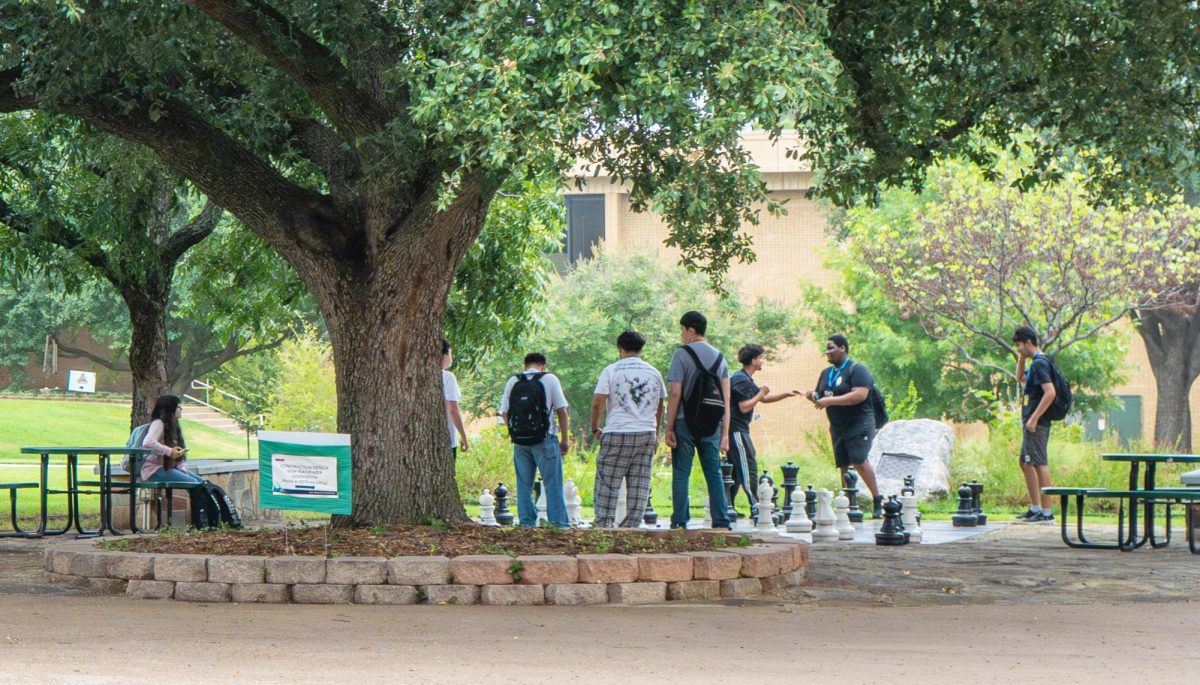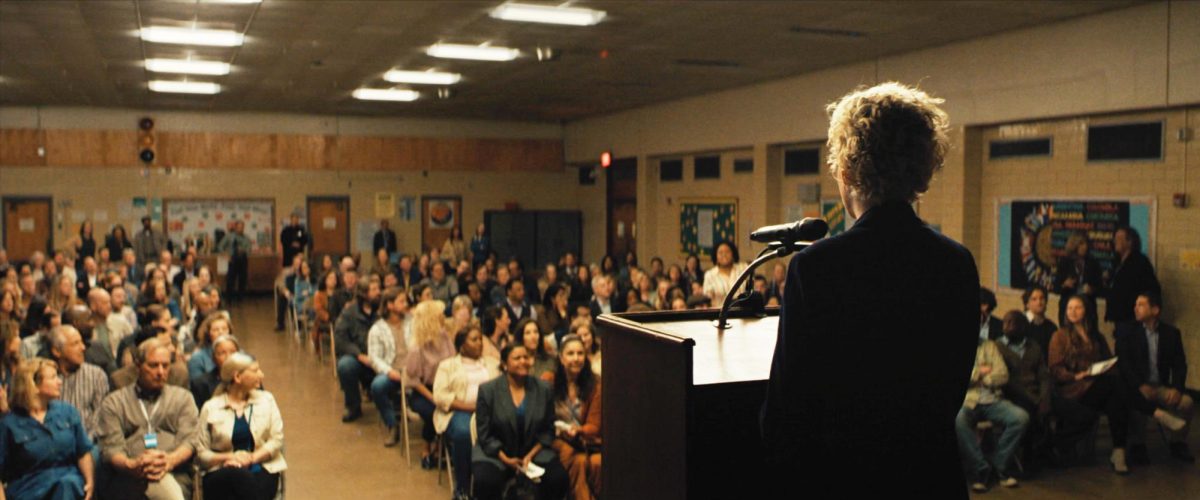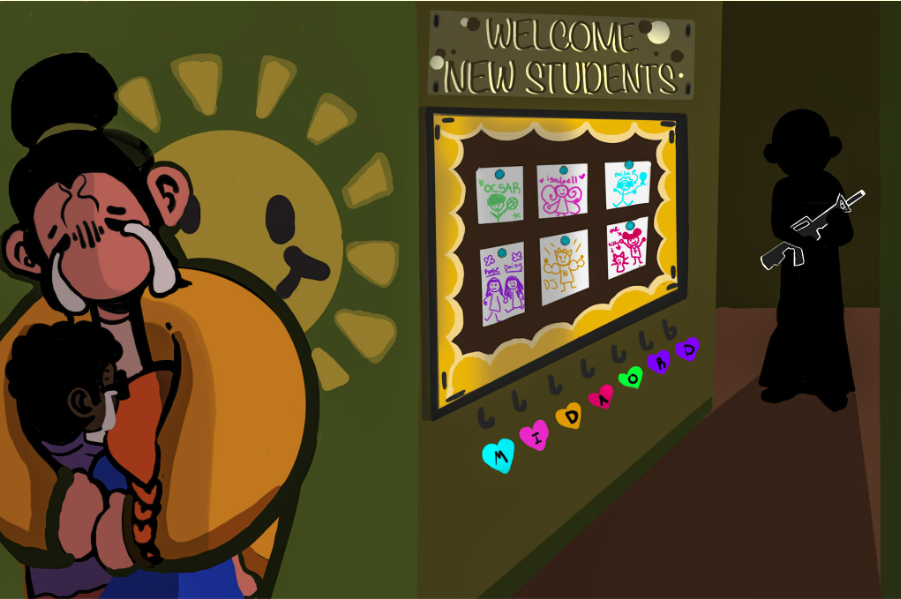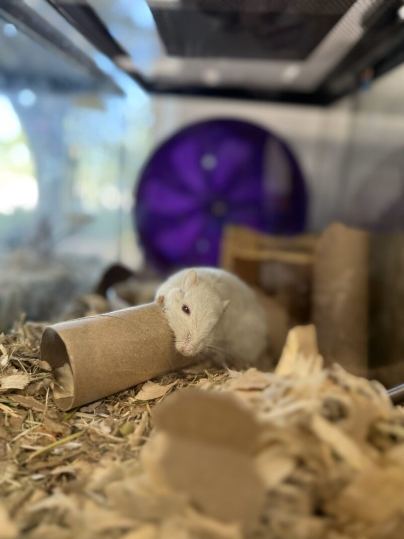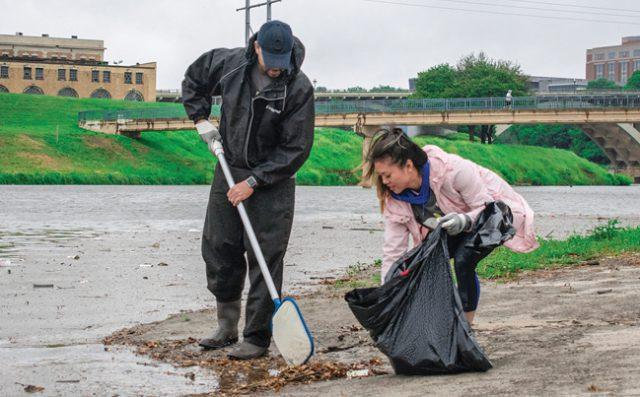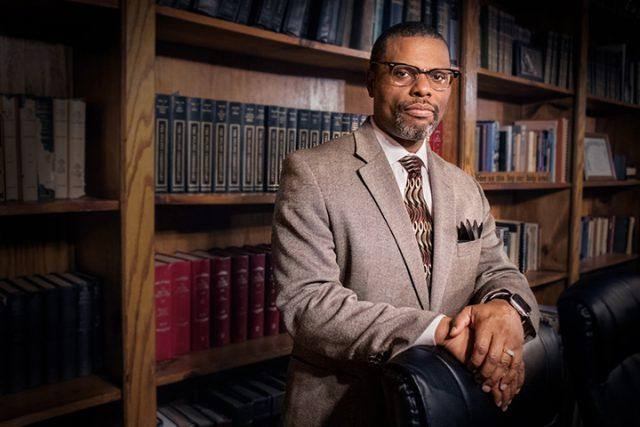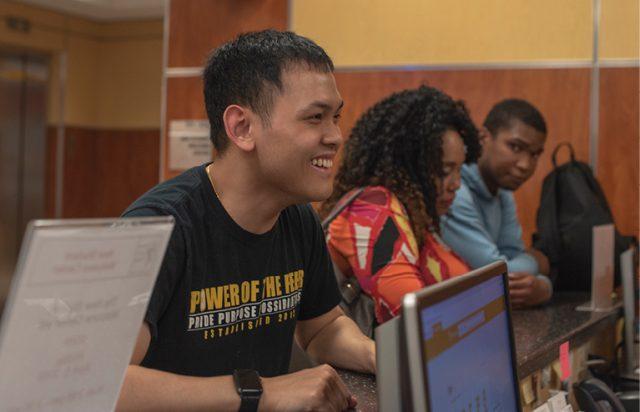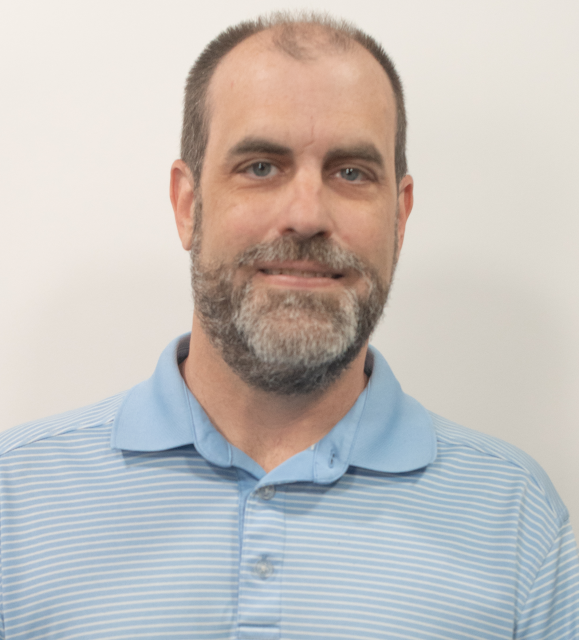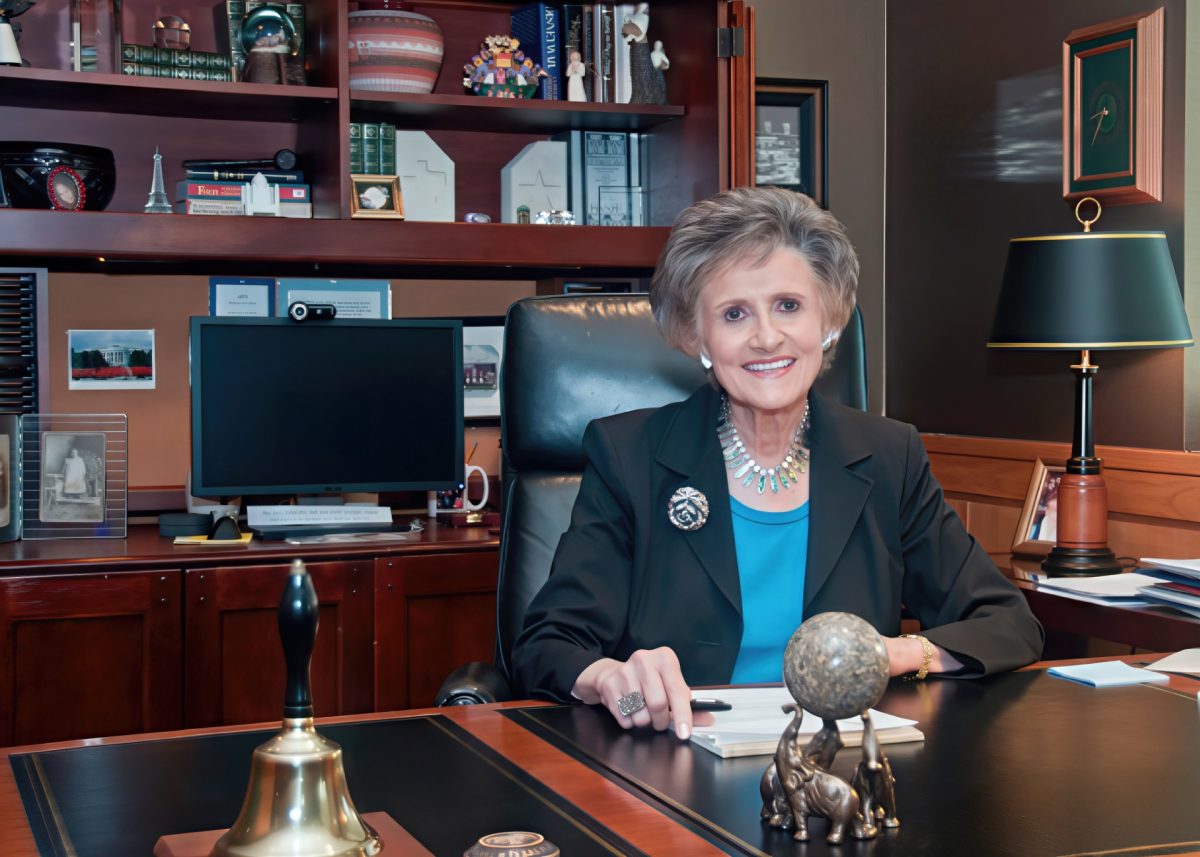
By Victor Allison/reporter
Doctors and nurses have hundreds of responsibilities, and sometimes an accident can lead to a variety of issues. SE dietetics program students are taught how to prepare for career situations in order to prevent life-threatening mistakes from occurring.
Amy Wan, lab manager of the dietetics program on SE Campus recalls a time when one missed word almost led to a patient starving at a hospital she was working at.
It started after a patient reported a food allergy to cherry tomatoes. But rather than specify the cherry part, a nurse at the hospital noted in his meal chart that he was to have “no tomatoes.”

After that patient missed out on a couple meals, Wan discovered the error and realized the patient could have been eating those meals all along. The experience didn’t sit well and stuck with Wan.
She now emphasizes the importance of empathy and sensitivity in health care to her own students, and training students to have a caring bedside manner has become a core part of the program’s mission.
The program has brought in actors to help make that point, in order to play as a variety of patients with different preferences.
Some days, students in the Dietetics Program Center may run into a middle-aged Jewish patient named Mr. Robertson. He has diabetes but won’t give up the Diet Cokes and doesn’t want advised dietary changes to interfere with his kosher preferences.
On other days, the patient may be a practicing Taoist or Buddhist. The trick for students is to learn the cultural beliefs of the patient, then to work in partnership with them to tailor treatments to the patient’s preferences.
Mr. Robertson and the others are characters played by patient actors. Role-playing with actors helps to simulate challenges that students going into the medical field are likely to run into on the job.
“Part of the goal of simulation is to help students just to increase their communication skills,” said Christina Liew-Newville, the dietetics technician program director.
Liew-Newville was the one who proposed the idea of using actors to simulate real-world experiences for students.

“[It teaches them] how to listen, how to paraphrase, how to summarize, how to reflect back, show empathy, respect and understanding the cultural components, sometimes a relationship component in there, understand every patient is a little bit different,” Liew-Newville said.
A cold, clinical approach is often standard for health care professionals who aren’t trained to be empathetic.
However, Wan insists this can cause patients to shut down and become a barrier to positive patient engagement. She says students have to put themselves in their shoes to find the best solutions.
Patient actor Jesse Humphreys, who has been with the program for about a year, said role-playing scenarios has shown him that insensitivity is not always the culprit, but the added headaches of a health care setting can make it difficult for professionals to be warm all the time.
“It can be a stressful time for them sometimes,” he said. “Not only do you have to get all the health sides of it, nutritional sides of it, cultural sensitivity, there’s a family member being irritable, noisy or bossy, you have to deal with.”
From her experience role-playing with students as a patient actor, anxiety can make professionals a little less engaging, patient actor Jasmine Shands said.

“It’s not them being malicious or bad people,” she said. “It’s nerve-wracking.”
This is the reason the true-to-life training is so vital, as it helps students overcome the discomfort of dealing with people, Wan said.
The interpersonal skills students learn in training would have been a huge help to her during her first year working with oncology patients, Wan said.
Dietetics major Cara Shiller said she already can see the benefits.
“It really helps me slow down, think, and to stop whenever a patient is asking questions,” she said.
“Hopefully, I can help the students overcome that barrier when they come with this degree,” Wan said. “And, hopefully, they’ll have more confidence in serving the community.”

